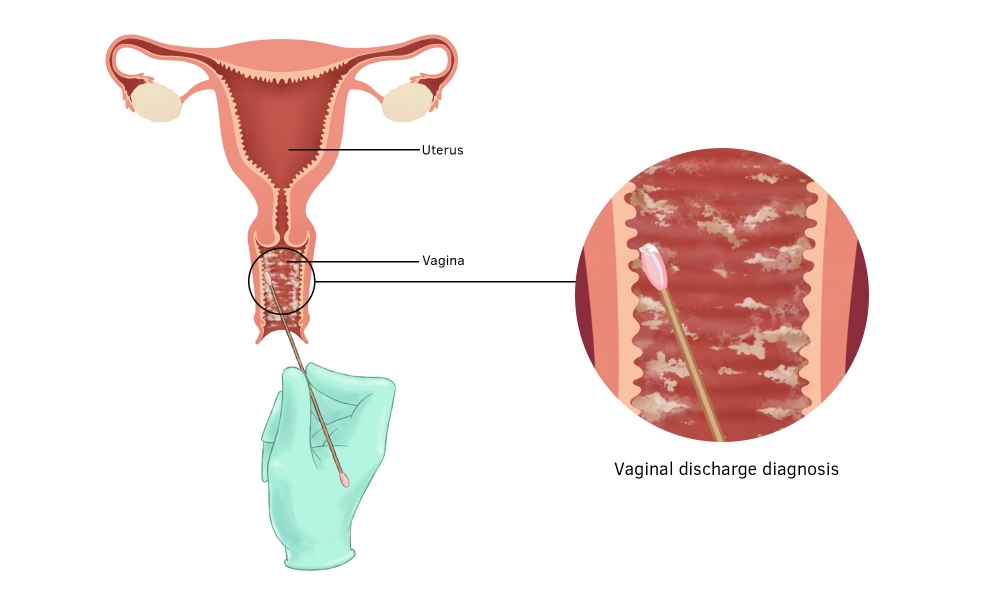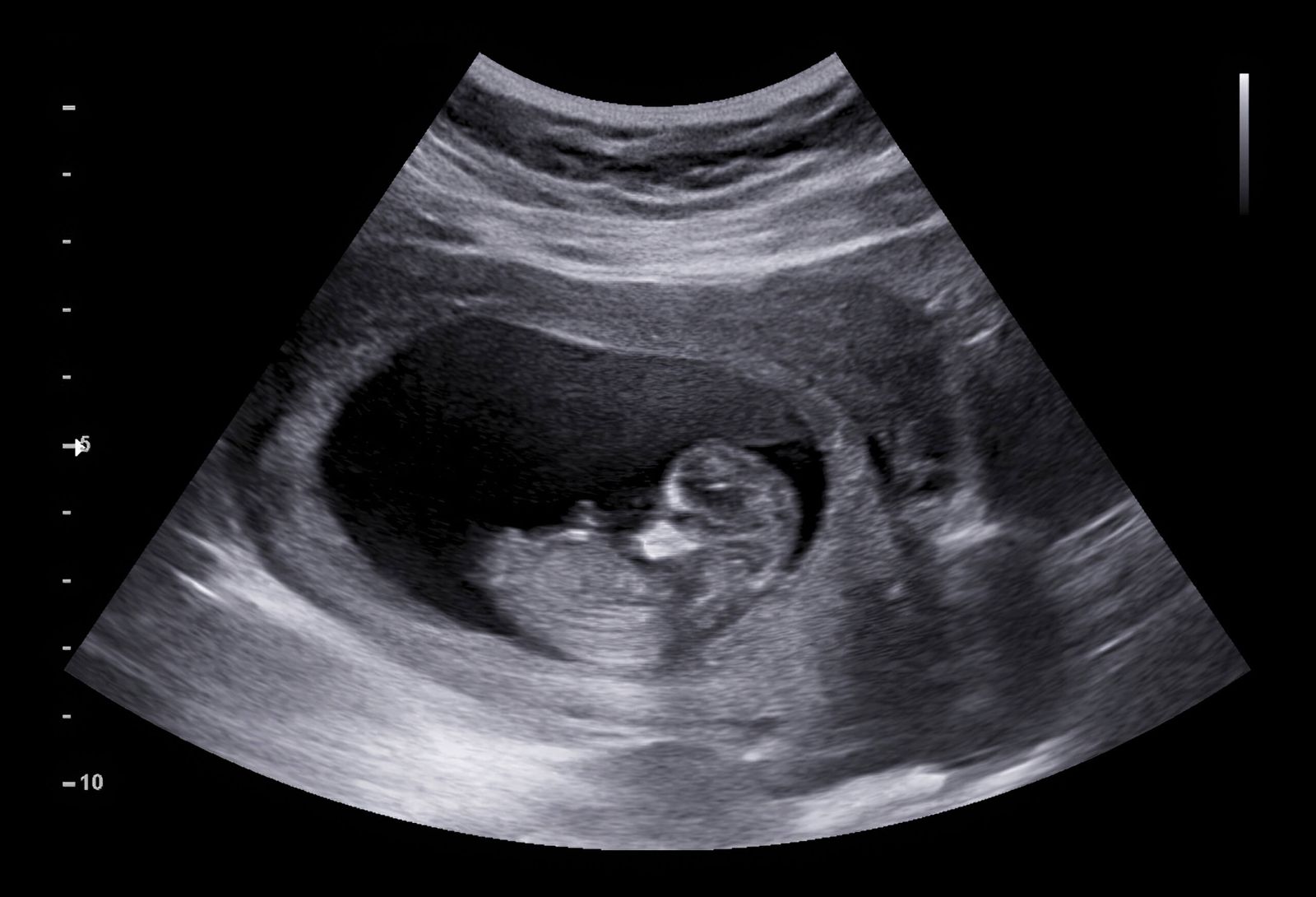Hormones play a vital role in women’s health, influencing everything from mood and energy levels to fertility and metabolism. When hormones fluctuate, women often experience physical, emotional, and psychological changes. Understanding how hormonal changes in women affect the body can help in identifying early signs of imbalance and seeking timely medical support.
In this blog, we will explore how hormones affect women’s health, the different stages of hormonal changes, and effective ways to manage them.
What Are Hormones and Why Are They Important?
Hormones are chemical messengers produced by the endocrine glands that regulate essential body functions such as:
-
Menstrual cycle regulation
-
Fertility and pregnancy
-
Metabolism and weight
-
Mood and mental health
-
Bone and skin health
When these hormones are in balance, the body functions smoothly. But even slight changes in female hormone levels can lead to significant health issues like irregular periods, infertility, weight gain, or menopause symptoms.

Stages of Hormonal Changes in Women
Women experience several phases of hormonal fluctuations throughout their lives. Let’s understand these key stages:
1. Puberty and Hormonal Changes
Puberty marks the onset of hormonal activity, where estrogen and progesterone levels rise to regulate the menstrual cycle. During this phase, girls may experience:
-
Acne and oily skin
-
Breast development
-
Menstrual cramps
-
Mood swings
2. Hormonal Changes During Menstruation
The menstrual cycle is controlled by estrogen, progesterone, follicle-stimulating hormone (FSH), and luteinizing hormone (LH). Imbalances here can lead to:
-
Irregular periods
-
Heavy menstrual bleeding
-
Premenstrual syndrome (PMS)
-
Polycystic Ovary Syndrome (PCOS)
3. Pregnancy and Postpartum Hormonal Changes
During pregnancy, levels of estrogen and progesterone increase dramatically to support fetal development. After childbirth, these hormone levels drop sharply, often leading to:
-
Postpartum depression
-
Mood fluctuations
-
Breast milk production changes
4. Perimenopause and Menopause
As women age, estrogen and progesterone levels decline, leading to menopause symptoms such as:
-
Hot flashes
-
Night sweats
-
Vaginal dryness
-
Sleep disturbances
-
Mood swings
This stage increases the risk of osteoporosis, heart disease, and weight gain.
Common Health Issues Caused by Hormonal Imbalance
Hormonal fluctuations can affect overall women’s health in multiple ways. Some of the most common problems include:
-
Polycystic Ovary Syndrome (PCOS) – Affects ovulation, leading to irregular periods, acne, and infertility.
-
Thyroid Disorders – Hypothyroidism or hyperthyroidism can cause fatigue, weight changes, and mood swings.
-
Infertility Issues – Hormonal imbalance affects ovulation and reproductive health.
-
Skin and Hair Changes – Acne, hair loss, or excessive hair growth can result from hormonal disturbances.
-
Menstrual Disorders – Painful or irregular periods due to estrogen-progesterone imbalance.
How Hormonal Changes Affect Mental Health
One of the most overlooked impacts of hormonal changes in women is on mental health. Shifts in estrogen and progesterone levels can cause:
-
Depression and anxiety
-
Mood swings
-
Irritability
-
Sleep disturbances
This is especially common during PMS, pregnancy, postpartum period, and menopause. Seeking professional help and adopting stress management techniques is essential.
Lifestyle Tips to Balance Hormones Naturally
Managing hormonal health is possible through lifestyle adjustments. Some effective ways include:
-
Eat a Balanced Diet
-
Include whole grains, lean protein, healthy fats, and fiber-rich foods.
-
Avoid processed foods and excess sugar.
-
Add foods rich in omega-3 fatty acids for hormonal balance.
-
-
Exercise Regularly
-
Yoga, walking, and strength training help regulate estrogen levels.
-
Physical activity also reduces stress and improves mood.
-
-
Get Quality Sleep
-
Poor sleep affects cortisol and insulin levels.
-
Aim for 7–8 hours of uninterrupted sleep.
-
-
Manage Stress Levels
-
Practice meditation, breathing exercises, or mindfulness.
-
High stress increases cortisol, which disrupts female hormones.
-
-
Seek Medical Help When Needed
-
Regular gynaecological check-ups
-
Hormone level tests to detect early imbalances
-
Medications or hormone replacement therapy (HRT) if prescribed
-
When Should You See a Gynaecologist?
Consult a gynaecologist if you experience:
-
Irregular or missed periods
-
Severe PMS or menstrual cramps
-
Sudden weight gain or loss
-
Hair thinning or excessive hair growth
-
Persistent mood swings or depression
-
Menopause symptoms affecting quality of life
Early diagnosis and treatment can help restore hormonal balance and improve overall well-being.
Conclusion
Hormonal changes in women are natural, but when they become imbalanced, they can significantly impact physical and emotional health. From puberty to menopause, every stage brings unique hormonal shifts that require awareness and proper care.
Maintaining a healthy lifestyle, managing stress, and seeking timely medical advice are key to keeping female hormones in balance. Remember, your hormones influence every aspect of your health – so taking care of them is essential for a healthier, happier life.







